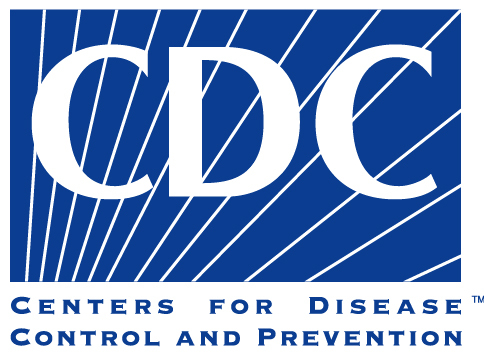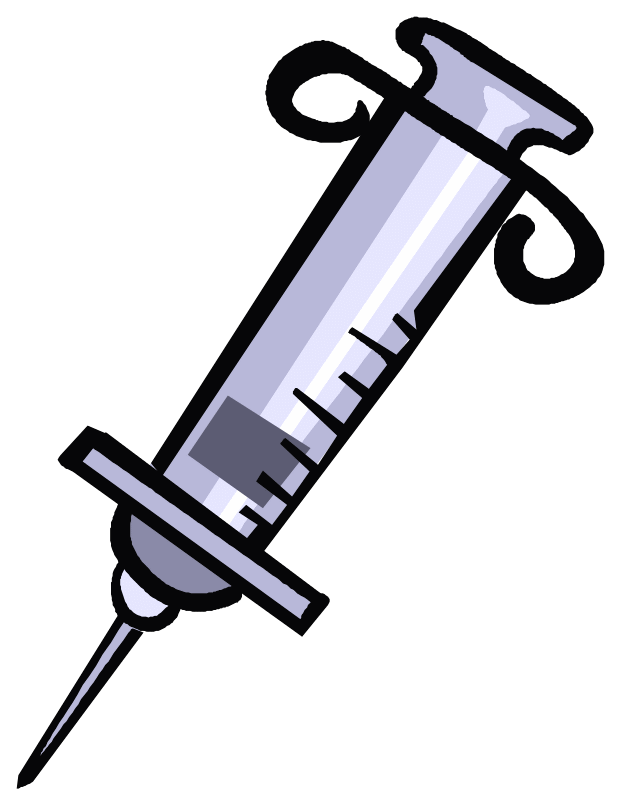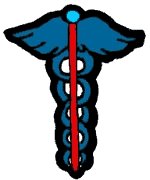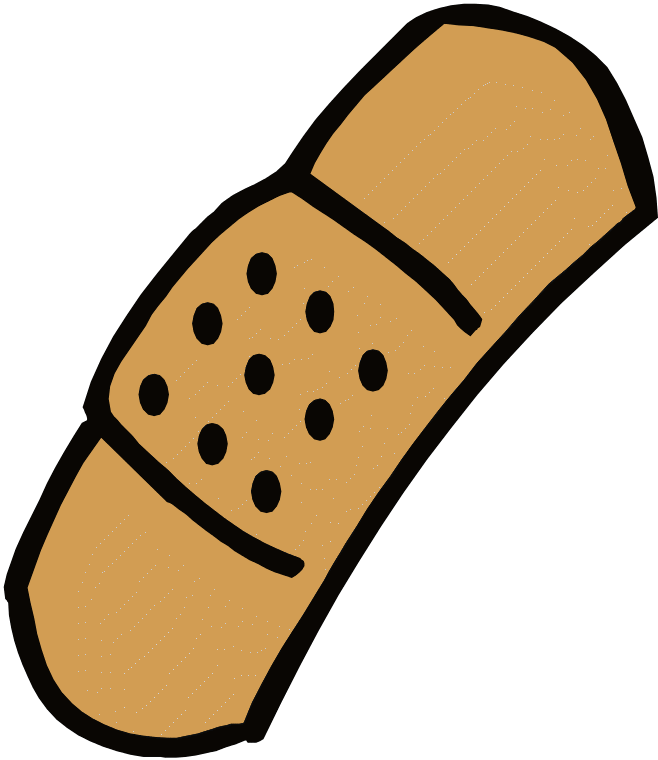Household Forms
National Immunization Survey Evaluation Study
Attachment D 7317-ALB OMB 04_23_2009
Household Forms
OMB: 0607-0954
National Immunization Survey
Questions & Answers
W hy
do you need national data on childhood immunization? Immunization
is the most effective way to protect children against serious
diseases, such as diphtheria, tetanus, pertussis, polio, measles,
mumps, rubella, hepatitis B, and varicella (chickenpox). The
National Immunization Survey (NIS) has been conducted by the Centers
for Disease Control and Prevention since 1994. In that time, the
national immunization rate for young children who are properly
immunized increased from 65% to 84% or higher for individual
vaccines. The Centers for Disease Control and Prevention uses the
information collected in the NIS to monitor immunization rates in
each state and across the country to improve health care services.
hy
do you need national data on childhood immunization? Immunization
is the most effective way to protect children against serious
diseases, such as diphtheria, tetanus, pertussis, polio, measles,
mumps, rubella, hepatitis B, and varicella (chickenpox). The
National Immunization Survey (NIS) has been conducted by the Centers
for Disease Control and Prevention since 1994. In that time, the
national immunization rate for young children who are properly
immunized increased from 65% to 84% or higher for individual
vaccines. The Centers for Disease Control and Prevention uses the
information collected in the NIS to monitor immunization rates in
each state and across the country to improve health care services.
Who are the immunization questions for? The questions apply to all children 19-35 months.
Why do you need the names and addresses of my child’s immunization providers? These names and addresses will allow us to request information on your child’s immunization dates and doses from the child’s doctor or clinic. This information will be used in combination with vaccination information we obtain for other respondents in this survey and will be summarized for statistical purposes only. Immunization information from doctors and clinics is often the most up-to-date and comprehensive. It is important that we collect the most complete and reliable information possible about children’s immunizations. We will not collect any other information from your child’s medical record.
Are vaccines safe? Vaccines are held to the highest standard of safety. The United States currently has the safest, most effective vaccine supply in history. Extensive, rigorous is required by law before a vaccine can be licensed. Once in use, vaccines are continually monitored for safety.





Is it safe to give children multiple vaccinations for different diseases at the same time? A number of studies have been conducted to examine the effects of giving various combinations of vaccines simultaneously. These studies have shown that the recommended vaccines are as effective in combination as they are individually, and that such combinations carry no greater risk for adverse side effects. There are two practical factors in favor of giving a child several vaccinations during the same visit. First, we want to immunize children as early as possible to give them protection during the vulnerable early months of their lives. Second, giving several vaccinations at the same time will mean fewer office visits for vaccinations, which saves parents both time and money and may be less traumatic for children.
Why do we still need vaccines? Unless we can eliminate diseases that can be prevented by vaccinating children, it is important to keep immunizing. Even if there are only a few cases of disease today, if we take away the protection given by vaccination, more and more people will be infected and will spread disease to others. Soon we will undo the progress we have made over the years. So what would happen if we stopped vaccinating here? Diseases that are almost unknown would stage a comeback. Before long we would see epidemics of diseases that are nearly under control today.
D


 o
vaccines cause Autism?
Many
studies have looked at whether there is a relationship between
vaccines and autism. The weight of the evidence indicates that
vaccines are not associated with autism. But CDC knows that some
parents and others may still have concerns about this issue. CDC is
committed to protecting the health of children and to identifying the
biological and environmental causes of autism and other developmental
disabilities, so we will continue to study the role of vaccines.
o
vaccines cause Autism?
Many
studies have looked at whether there is a relationship between
vaccines and autism. The weight of the evidence indicates that
vaccines are not associated with autism. But CDC knows that some
parents and others may still have concerns about this issue. CDC is
committed to protecting the health of children and to identifying the
biological and environmental causes of autism and other developmental
disabilities, so we will continue to study the role of vaccines.
Parents can find more information on vaccines at
http://www.cdc.gov/vaccines/spec-grps/parents.htm
| File Type | application/msword |
| File Title | Why do you need national data on childhood immunization |
| Author | babso001 |
| Last Modified By | strin306 |
| File Modified | 2009-04-15 |
| File Created | 2009-04-15 |
© 2026 OMB.report | Privacy Policy